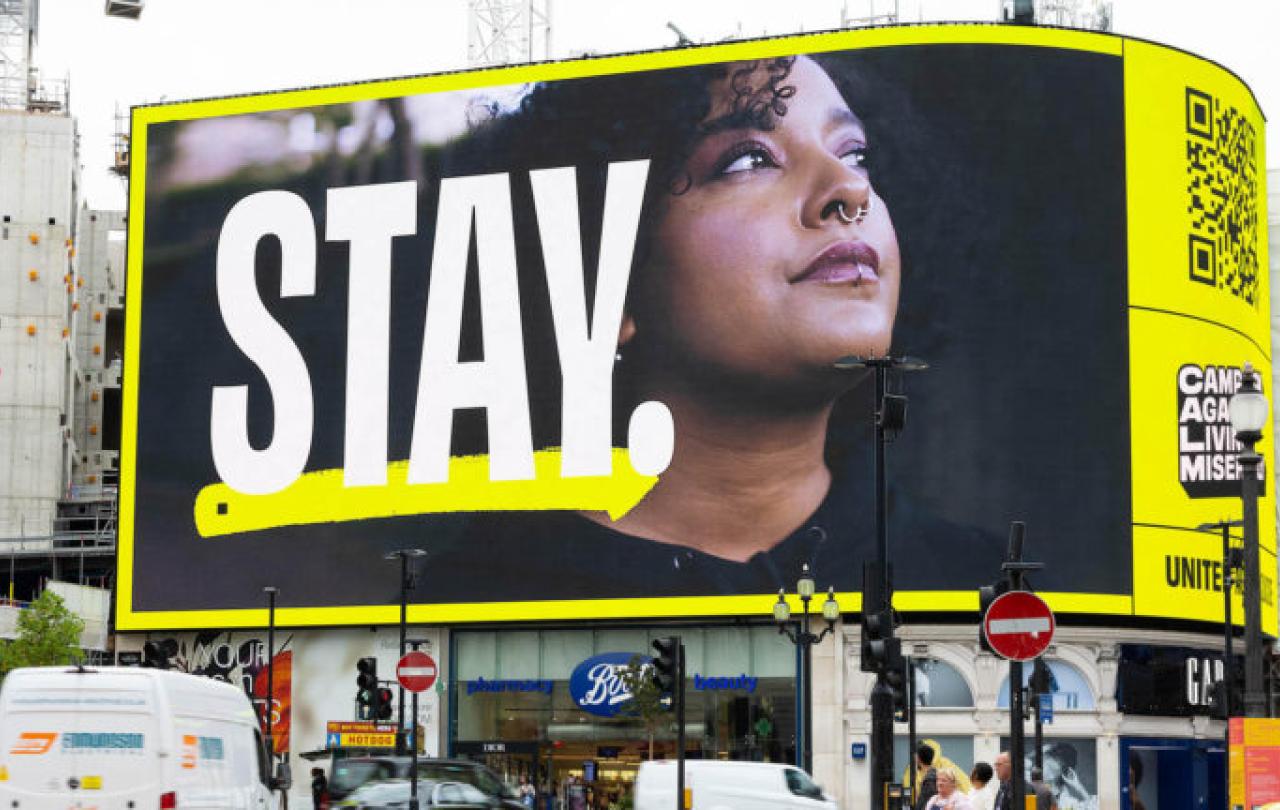
Last month was the wonderful Cheltenham Literature Festival and I flexed my low-brow muscles by going to see Matt Haig, Miranda Hart and Rick Astley. All three truly brilliant events.
But the last of these was the final event of the whole festival and the most surprising. I had no idea what to expect as I’ve never heard veteran popstar Rick talk or be interviewed. If I’m honest, I was probably being ever so slightly ironic in choosing to buy the ticket. I didn’t even know he’d written a book – his autobiography, Never.
He was absolutely sensational. The first question was “I’m sure you’ve been asked before to write your autobiography, so why now?” Answer, “Because I wanted to be completely honest and for that, I had to wait for my parents to die.” Oh, hang on. This is going to be a very different evening from the light entertainment rickrolling we were all anticipating.
He went on to describe a “very scary” childhood. He spoke with grace and kindness where he could, but he was also completely open about how “scary” his dad was. About living in a Portakabin at the age of 14. That music was his ticket out of that “scary” place. He used the word scary a lot. Which I found really moving. As a word, it vividly conjures up the fear felt by a child, which can get lost in the slightly abstract safeguarding language that we often hear people use when talking about abuse.
He told lots of fabulous stories about the early days with music producer Pete Waterman) and again, he spoke with respect (“they were just amazing musicians”) but also with candour. He dropped names with affection and disinterest in equal measure. We all know he was stratospherically famous – for a while – and then he wasn’t. And now he is again, at least a bit. He talked openly about all of that. He was articulate and funny; the kind of guy you’d have a great evening with, in the pub.
But most impressive was at the end, with tears rolling down his cheeks, he said, in his rich Lancashire accent “music was my way out of that scary place. Not my ticket to sex, drugs and a Ferrari. I wasn’t interested in all that. What I wanted to find was safety, to build my own family and have a stable, safe home life.” Wow. And he’s achieved it. He met his wife in 1987.
Funnily enough, the day before I went to see Rick I found a meme on my Insta feed – it was putting the words of “Never gonna give you up” into the mouth of Jesus. I don’t think Rick Astley is a Christian and he certainly isn’t the Messiah – but there is real joy to be found in an artist whose music celebrates what is good and beautiful in human relationships. And not just in a soft lens, infatuation dream-state ballad. He’s in it for the long haul.
In the words of the blurb on the back of the book, “Never” is a “portrait of truth, artistic evolution and the astounding power of contentment.” Now that’s rock ‘n’ roll.





